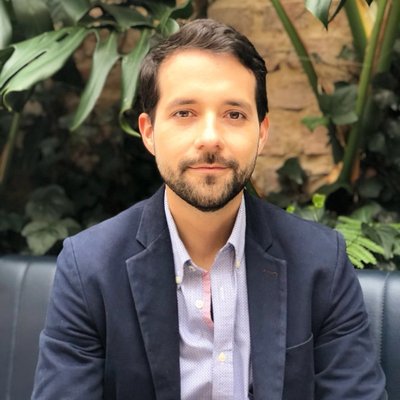Multi-level Advocacy and Civic Collaboration to
Strengthen Health Systems in Africa
Lessons from the COVID-19 Transparency Accountability Project (CTAP)
The COVID-19 emergency officially ended on May 11th, 2023. And with that, we must remember that the global public health emergency exposed political fault lines and eroded trust between people and governments due to instances of waste, mismanagement, and blatant corruption.
In response, civil society organizations have done an incredible job carrying out the work and supporting other organizations across Africa to promote change in ways that governments use public resources and raise citizens’ awareness and voices to find solutions to their demands and to push forward governments’ capacity to meet people’s needs.
For over 2 years, the COVID-19 Transparency and Accountability Project (CTAP), led by various civil society organizations in Africa, has successfully motivated collective action to bolster citizen engagement, increase government responsiveness, and improve health service delivery. It has encouraged greater accountability and transparency from governments by tracking COVID-19 intervention funds across 9 African countries – Cameroon, Ghana, Kenya, Liberia, Malawi, Nigeria, Senegal, Sierra Leone, and Zimbabwe – and multi-level building coalitions to advocate for better responses to healthcare concerns.You can read more about the lessons and insights in the final CTAP report, published in May 2023.
As part of this intentional, learning-centered process, we are sharing lessons from our efforts to navigate complex governance challenges in the health sector in different country contexts. In the video below, Jorge Florez (Global Integrity) discusses the emerging learnings and insights from our CTAP project partners: Iyanu Bolarinwa (BudgIT) and Mukhtar Modibbo (Connected Development).
Listen to the conversation:
How did the project accomplish its goals?
- By developing innovative research that tracks and analyzes government resources for COVID-19 response, specifically: where are they from, how have they used them, and what actions have they taken to ensure transparency, accountability, and effectiveness. This includes a mapping of in-kind and cash donations received by each country from multilateral organizations, the donor community, and local stakeholders (see here).
- By building local coalitions to fight corruption and waste and promote governance reforms that enable citizen engagement, increase prevention of corruption and waste, and ensure corrective actions as needed.
- By tracking service delivery to raise citizens’ voices and awareness about what they are entitled to and how their governments deliver these services.
- By building on peer-learning and adaptation to improve the implementation of the project across countries, distill lessons and facilitate peer learning that can strengthen the capacity of our partners, and enable our coalition to identify and pursue clear advocacy and collaboration opportunities moving forward.
What are some of the emerging lessons moving forward?
- Identify and know more about your audience to test different approaches to get their attention and encourage their engagement to mobilize citizens to track projects.
- Track public spending on the state of health infrastructure was done directly with citizens to promote dialogue and build trust, which then mobilized country-wide networks. Research results are just as important as the process.
- Invest time in understanding how health systems work, how they are perceived by different stakeholders, and what is the political economy around them.
- Explore different ways to surpass the lack of political will and create opportunities for change. Focusing on citizens enables the emergence of solutions, the identification of connections, and the creation of pressure for better policies.
- Collaborate with governments to arrive at a common agenda to improve health service delivery, increase capacity to respond to health sector challenges. Engage in conversations with government agencies at national, regional, and local levels to find solutions to citizens’ needs.
- Increase the regional footprint and influence of like-minded coalitions by testing communication strategies for advocacy with peer civil society organizations to advance a common cause for better health systems across Africa.
If you would like to see evocative examples of what we have accomplished along the way, watch these short insights from our African partners, and listen to a dialogue among some of the CTAP leads in this video from a recent event during the 2023 Open Gov Week.
For more about this project, visit the CTAP website and click the button below to get the final report.







